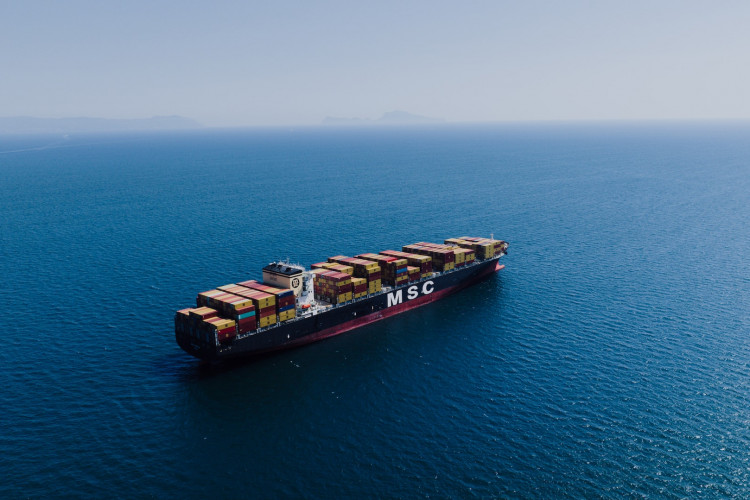Following the release of its 2024 Ocean Freight Shipping Outlook report, Oslo-based Xeneta, an ocean and air freight rate benchmarking and market analytics platform, has branded the current sea freight market as “unsustainable".
According to Xeneta, the current low rates simply cannot continue, and expected 2024 rate rises could put global supply chains “at serious risk”.
Patrik Berglund, CEO of Xeneta, notes that the cost of moving goods by sea has plummeted during 2023 by almost 60% for long term contracts on a global level.
He adds that in some corridors, such as the Transatlantic into US East Coast and Far East to Europe, prices are down by around 80% on both short and long-term rates.
“The big shipping liner companies won’t allow this to continue and will jack up prices – it could be in 2024 or it could be later – but it’s inevitable and the carriers will want it sooner rather than later,” stressed the Xeneta CEO, commenting on the 2024 Ocean Freight Shipping Outlook report.
According to Xeneta, those who locked into long-term contracts with shipping liner companies at the end of 2023 could be first to suffer if the market turns.
This is because, as Berglund explains, the ‘locked-in’ rates are simply not profitable, and shipping liner companies “will take every opportunity they can to not transport those customer’s containers”.
“Instead, they will choose to transport containers belonging to customers with healthier 2024 contract prices, if the market rises. It feels unfair, and perhaps it is, but the shipping liner companies are within their rights to do it,” noted Berglund. Berglund added: “This is the kind of opportunistic behavior we saw from shipping liner companies during the pandemic to save their bottom line. Businesses face a real challenge keeping supply chains intact if their goods are stuck in a port halfway around the world.” On the other hand, Xeneta does believe there could be at least one saving grace for businesses in 2024 – overcapacity. Xeneta notes that this reached record levels in 2023, and if this trend continues, carriers “will have no incentive to choose between transporting the lower or higher priced containers and will pick up both”.
As for the shipping industry side of things, Xeneta stresses that times are tough due to the situation in the global economy. Commenting on the impact of the global economic situation, Berglund said: “I think about underlying weak macro-economics; inflation, interest rates, cost of living and reduced global consumption of goods. On top of that you have turmoil across the world, whether it is in Ukraine or the Middle East, so there are some heavy dark skies in the horizon for the shipping industry.”
Adding to the challenges in 2024, is the extension of the EU’s ETS scheme, which will drive up costs.
“The new environmental regulations will prohibit carriers from utilizing their fleet effectively because their vessels aren’t environmentally-friendly enough. The fact the cost of ocean shipping is so low means there is no money in the market. At the same time we are asking these huge, loss-making shipping liner companies to spend vast sums of money purchasing new vessels in order to make their green transition. Customers want ocean transport to be green but they are not willing to pay the bill. It’s a bizarre situation and a conundrum for the industry,” concluded Berglund.






